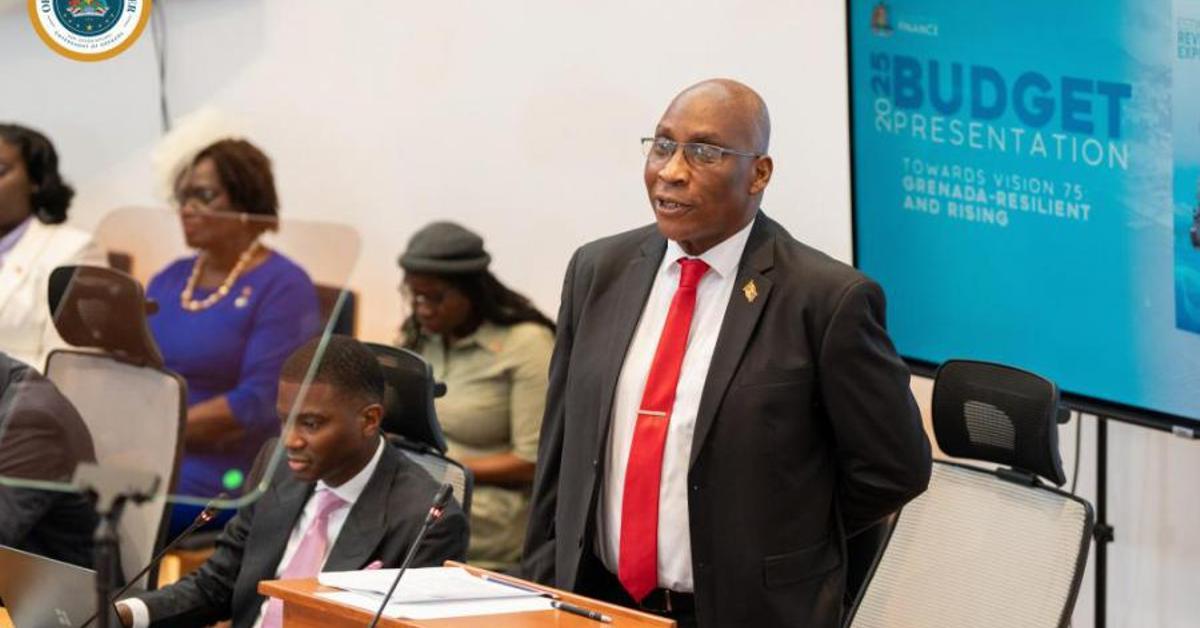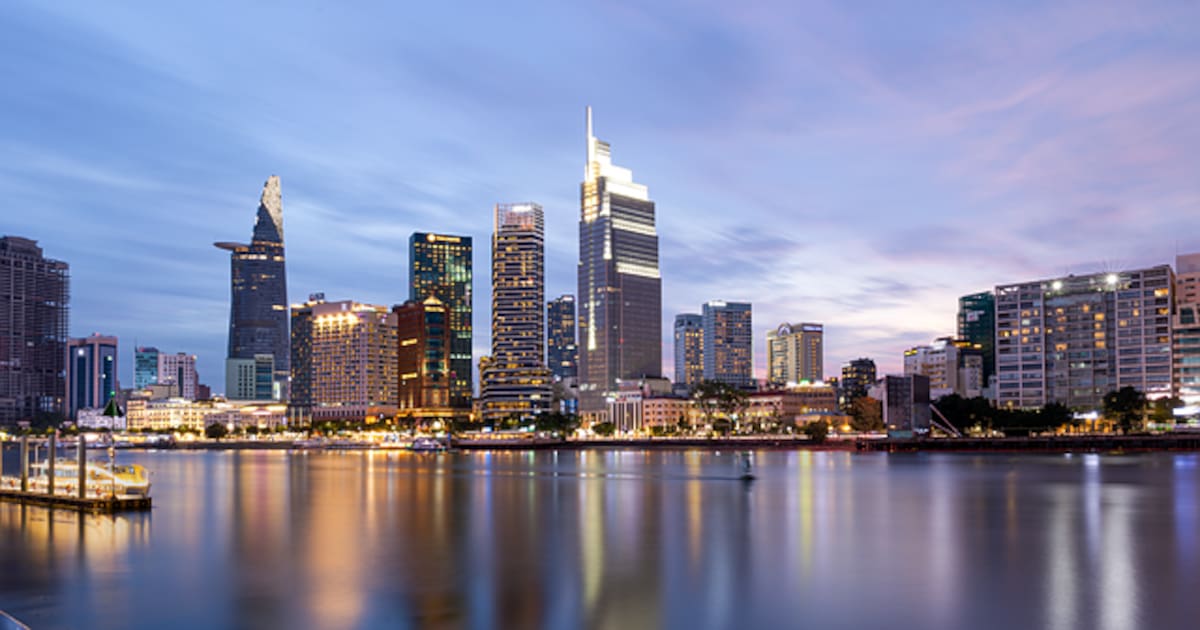U.S. Revokes Grenada's Finance Minister's Visa Over Cuban Doctors Hiring

In a significant diplomatic development, the United States has revoked the visa of Grenada's Finance Minister, Dennis Cornwall, citing concerns over the island nation's employment of Cuban doctors. The decision, confirmed by multiple sources, has sparked controversy and raised questions about the U.S.'s stance on Caribbean nations’ healthcare partnerships.
Cornwall, who notably studied at the University of Pinar del Río in Cuba, had been scheduled to attend crucial meetings at the World Bank in Washington D.C. However, his travel plans have been abruptly halted following the visa revocation. This action underscores the ongoing tensions between the U.S. and Cuba, and the potential repercussions for countries engaging in collaborations with the Cuban medical system.
The Controversy: Why Cuban Doctors?
Grenada, like many Caribbean nations, faces persistent challenges in providing adequate healthcare services to its population. A shortage of qualified medical professionals, coupled with limited resources, has led the government to seek assistance from international partners. Cuba, with its renowned and globally deployed medical program, has emerged as a significant provider of healthcare personnel in the region.
The Cuban medical internationalism program is a long-standing initiative where Cuban doctors and healthcare workers are dispatched to countries in need. This program has been praised for its accessibility and affordability, particularly for developing nations. However, the U.S. has consistently viewed this program with skepticism, alleging that it is linked to the Cuban government and potentially exploitative of the doctors involved.
U.S. Concerns and the Visa Revocation
The U.S. government has long maintained a policy of restricting travel and financial transactions with Cuba, citing human rights concerns and the island nation’s communist political system. While the Obama administration eased some of these restrictions, the Trump administration largely reversed those policies, and the Biden administration has maintained a cautious approach.
The revocation of Cornwall’s visa signals a hardening of the U.S. stance on countries that engage in collaborations with Cuba, particularly in sensitive areas like healthcare. The U.S. government likely views Grenada’s employment of Cuban doctors as a form of support for the Cuban regime, potentially triggering sanctions or other diplomatic repercussions.
Impact on Grenada and Regional Relations
The visa revocation is a significant blow to Grenada, which relies heavily on Cuban medical personnel to deliver essential healthcare services. The absence of the Finance Minister from the World Bank meetings could also hinder the island nation’s access to crucial funding and development assistance.
Furthermore, this decision could strain relations between Grenada and the U.S., and potentially encourage other Caribbean nations to reconsider their partnerships with Cuba. It also raises questions about the U.S.'s influence in the region and its ability to dictate foreign policy decisions for smaller nations.
Looking Ahead
The situation remains fluid, and it is unclear whether Grenada will attempt to challenge the visa revocation or seek alternative arrangements for its Finance Minister to attend international meetings. The U.S. government has not released a detailed explanation for its decision, but it is likely to face increasing pressure from Grenada and other Caribbean nations to reconsider its stance. The case highlights the complex interplay between U.S. foreign policy, regional healthcare needs, and the ongoing tensions between the U.S. and Cuba.






